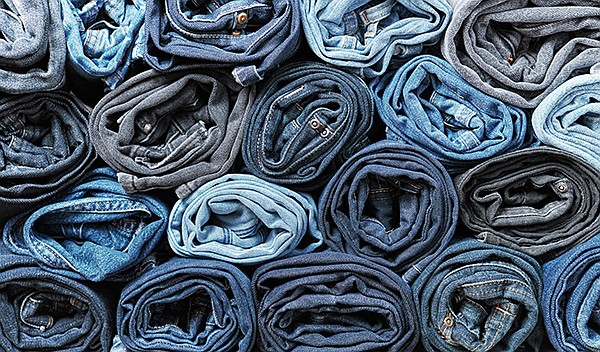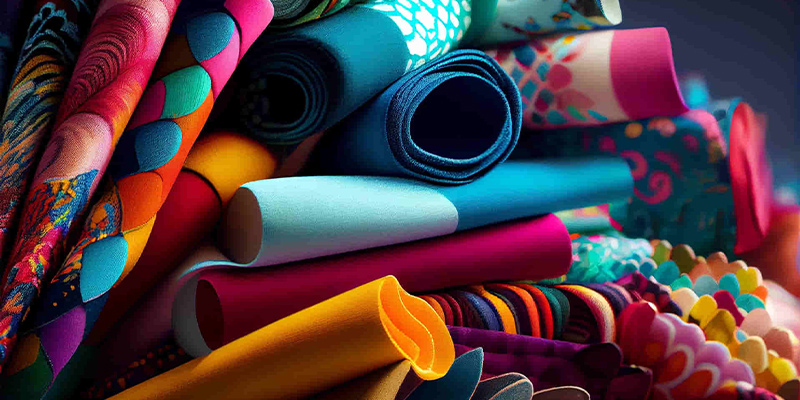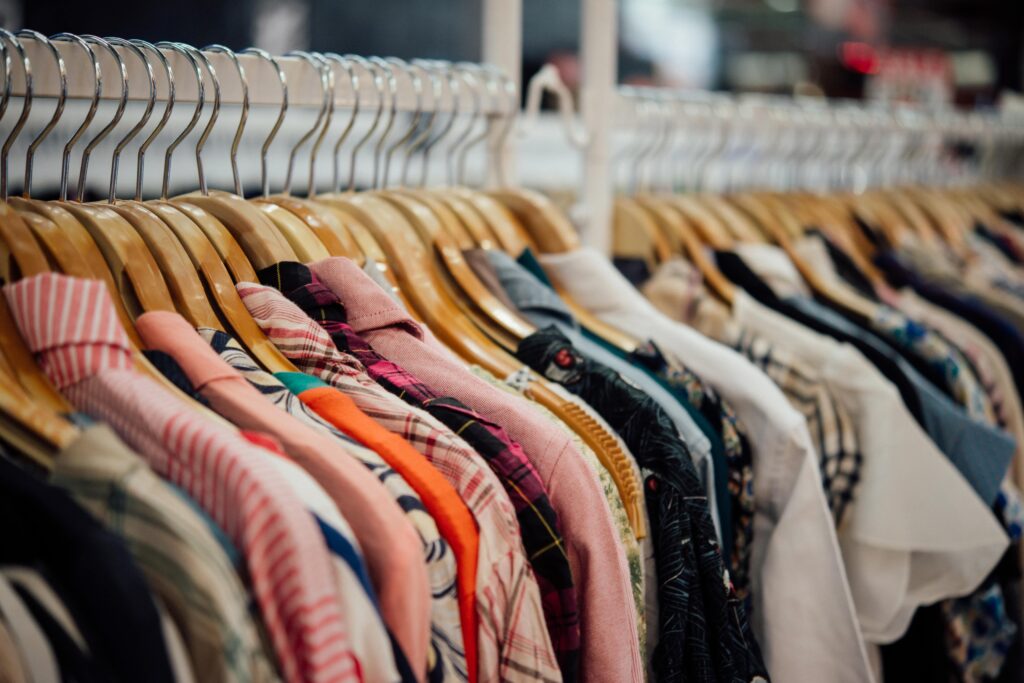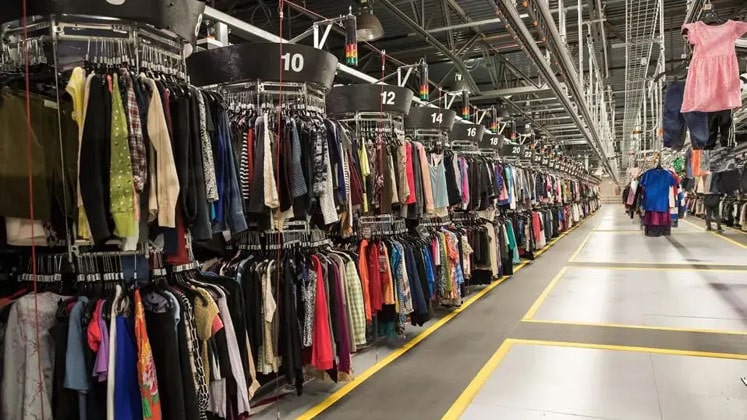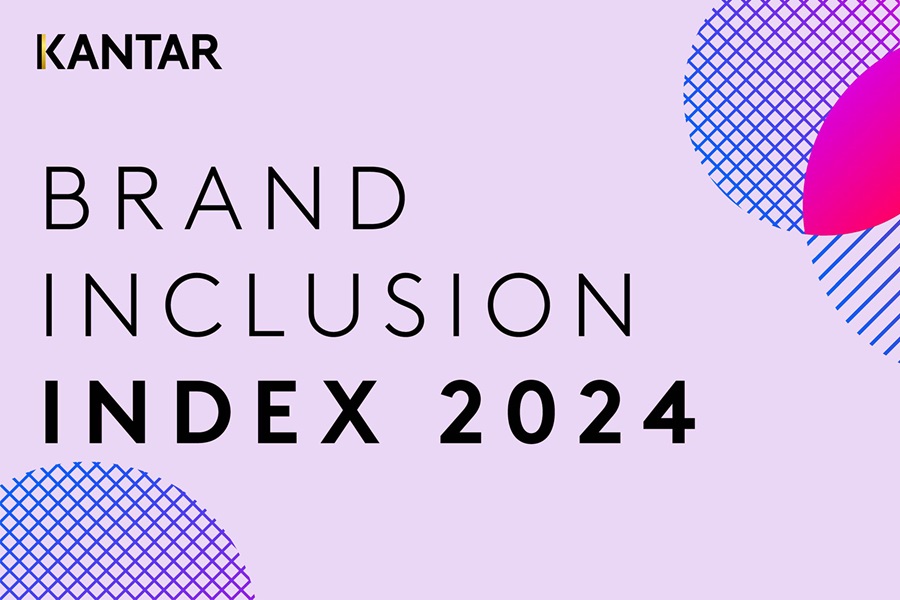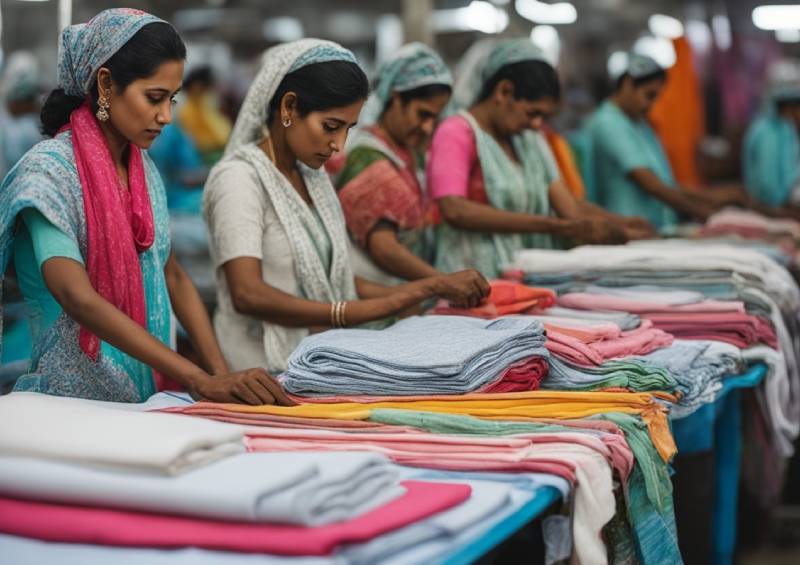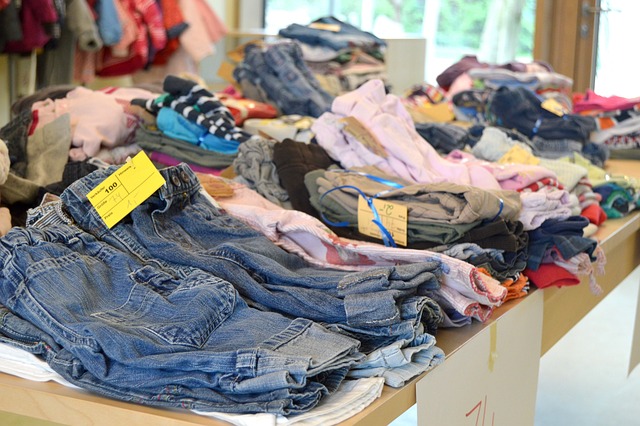
Buying pre-loved clothes from foreign lands, particularly from South Korea and Japan, is not a new phenomenon in Indonesia. South Korean and Japanese street fashion has always been popular with young Indonesians, which led to a robust parallel sector thriving in Jakarta and other cities. However, this practice has been detrimental to local garment manufacturers who cannot meet the trends, quality and prices that smuggled pre-loved clothes offer. In theory, this is an illegal sector as the local government’s trade ministry imposed a complete ban in 2015. However, the ban has not dented business due to lax policing of street markets, many secret entry points spread over the vast archipelago nation and most importantly a huge demand.
Spotlight on clothes smugglers
Illegal clothes import is valued at around $1.2 billion and 300,000 tons per year. As per Customs and Excise Directorate General, illegal import of used clothing made its way to Indonesia through five main harbors: Tanjung Priok in Jakarta, Tanjung Perak in Surabaya, Tanjung Emas in Semarang, Belawan in North Sumatra, and Cikarang in West Java. The clothes are being smuggled into Indonesia under labeled undeclared goods. Smugglers also mix smuggled clothes within large consignment of lawfully imported goods, knowing that custom authorities will not be bothered to check entire consignments. They also ship used clothes to small ports that lack customs checks, bribing local officials. Another tactic is to send used clothes to neighboring Timor Leste before smuggling them to Bali, Nusa Tenggara, and other areas. Since February 2023, the Customs and Excise Directorate General’s office has tied up with local police forces across these notorious areas and conducted 44 raids, busting 234 illegal operations.
Local manufacturers ready to replace smuggled clothing
The law enforcement authority’s seriousness has gone down well with Redma Gita Wiraswasta, Chairman, Indonesian Fiber and Filament Yarn Producers Association or APSyFI. She feels illicit imports severely damage the domestic apparel industry and prevents the creation of hundreds of thousands of new jobs in the sector. She hopes if these successful operations can decrease illegal imports, Indonesia can easily substitute the import with domestic products, can create new jobs for 500,000 people and such actions would make up for Indonesia’s sluggish apparel export.
Indonesian Garment and Accessories Suppliers Association (APGAI) Chairwoman Poppy Dharsono says domestic producers are ready to fill the demand currently met by smuggled apparel, particularly by providing items rejected by stores with high quality standards. Manufacturers are ready to sell rejected goods in their warehouses at large discounts. Dharsono also states, with this becoming an established practice, smuggled clothing sector will fade away naturally as consumers would be able to buy new clothes at a cheaper rate than used ones. The revenue generated by apparel market amounts to $22.05 billion in 2023 and represents a huge opportunity for local manufacturers as they can capture larger amounts from this revenue. According to Statista, Indonesian apparel market is expected to grow annually by 4.33 per cent until 2027.
Destryoing smuggled clothes
Recently, Teten Masduki, Minister for Small and Medium Enterprises held a public campaign on March 28, 2023, in Jakarta where 7,300 bales of seized foreign second hand clothes valued at $ 5.3 million were destroyed. Masduki hopes this signals Indonesian government’s seriousness in cracking down on smugglers and ending this practice that has for a long time hurt the Indonesian fashion SMEs.


